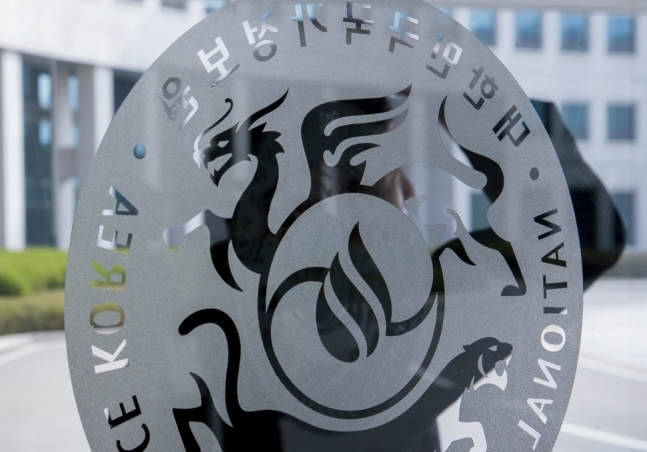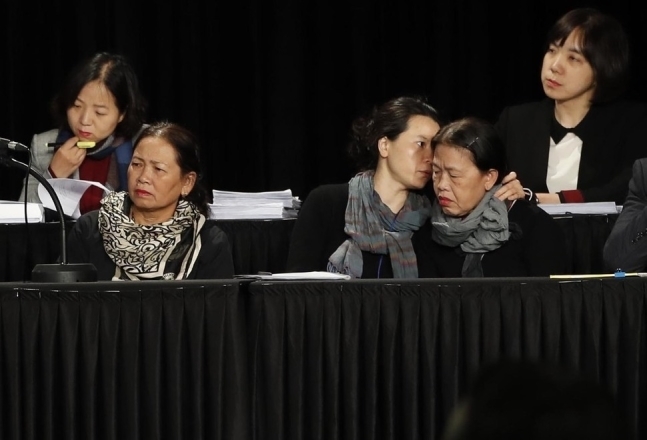 |
|
The National Intelligence Service (NIS)
|
Korean Central Intelligence Agency established list of related documents for long-term storage
The National Intelligence Service (NIS) recently decided to give up appealing a court ruling ordering it to disclose information related to civilian massacres during the Vietnam War. Observers are now calling on the NIS to immediately release the related documents. According to a Dec. 23 investigation by the Hankyoreh, the NIS did not submit its appeal to Seoul High Court’s 7th administrative division (under judge Kim Woo-jin) by the Dec. 20 deadline. Once an information disclosure revocation has been upheld, the institution in question must conduct a review on whether to disclose the information and is barred from refusing to disclose it on the same grounds as before. With institutions often losing subsequent administrative lawsuits when they attempt to keep the information classified on different grounds, the majority have ultimately opted to disclose it. The lawsuit in question was initiated after it came to light during a trial last July that examination protocols for the questioning of South Korean troops implicated in the civilian massacre at Phong Nhi/Phong Hat are currently archived at the NIS. After attorney Im Jae-seong of the law firm Haemaru failed an administrative suit against the NIS, it emerged that the Korean Central Intelligence Agency (predecessor of the NIS) established a list of related documents while capturing microfilm records for the long-term storage of materials from the questioning of implicated individuals on Aug. 14, 1972.
 |
|
Survivors of a civilian massacre by South Korean troops during the Vietnam War attend the Citizens’ Peace Court for revealing the truth behind the massacre in Seoul on Apr. 22. (Park Jong-shik, staff photographer)
|







